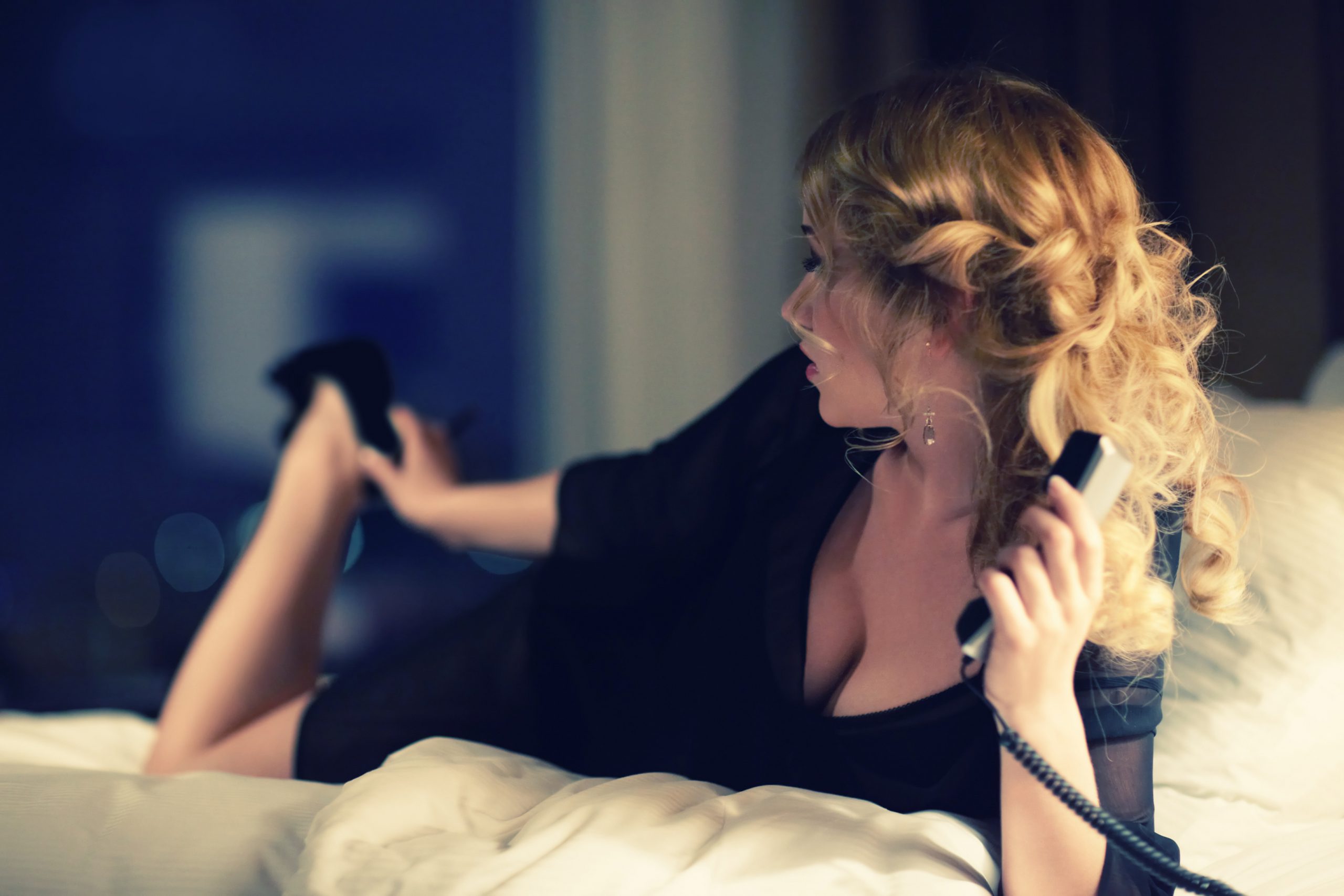
Norman Jewison, who died today at 97, was one of the most versatile Hollywood directors of all time. The Toronto-born filmmaker had a gift for directing features in a wide array of genres. Whether the project was an adaptation of a Broadway musical (“Fiddler on the Roof,” “Jesus Christ Superstar“), a sexy heist picture (the original “Thomas Crown Affair“), a drama about the miscarriage of justice (“The Hurricane,” “…And Justice for All”), a dystopian science fiction epic (“Rollerball“), or a potboiler centered on race relations in the 20th century south (“A Soldier’s Story,” “In the Heat of the Night”), he settled into the assignment as a skilled actor might sink into a role.
Jewison’s masterpiece, probably, is “Moonstruck,” written by John Patrick Shanley. Shanley, now 73, is Bronx-born Vietnam veteran who got a degree in Educational Theater from New York University after the war. He ended up writing 23 plays, including Danny and the Deep Blue Sea, Italian American Reconciliation, Doubt: A Parable, and Brooklyn Laundry, which opens Feb. 6 at Manhattan Theatre Club. Shanley became a known quantity as a screenwriter in 1987 with the release of two films. One was the ensemble drama Queens Logic, directed by Tony Bill. The other was “Moonstruck,” which belongs on a short list of ‘80s films that need no introduction. Its release instantly made movie stars of its lead couple, Cher and Nicolas Cage, and the film went on to become one of the top-grossing releases of its year, garnering six Academy Award nominations and winning for Best Actress (Cher), Best Supporting Actress (Olympia Dukakis) and Best Original Screenplay (for Shanley).
When news of Jewison’s death broke, I called Shanley to offer condolences and ask if he wanted to talk about his collaboration with the great director. A transcript of our conversation follows.
Was it daunting having your script directed by somebody who’d worked on so many classic films?
You would think! But no—Norman was such a fun guy. He was just fun! The first thing we did to prepare to shoot the movie was, Norman and I got together and he told me we were gonna do a reading, the two of us, and divide up the parts. I’d read half of them and he’d read half of them. We both threw ourselves into it, and in the big scene where Ronny tells her, “Now I want you to go upstairs with me and get into my bed!” I was Ronny and he was Loretta. And we played it, man, like our lives depended on it! And he agreed to go upstairs with me! [Laughs]
Were you familiar with his work prior to him directing your script?
Oh, yeah, yeah. I had seen “In the Heat of the Night” when I was a teenager and loved it. He made “The Cincinnati Kid.” He made the one about the rich guy who was a thief for the fun of it, “The Thomas Crown Affair.” A terrific filmmaker, and he’d already made a hell of a lot of films.
What were your favorites?
“In the Heat of the Night” was certainly up there, for Rod Steiger and Sidney Poitier’s performances, and for just really good storytelling. It’s a character piece, and it’s of its time, but I think it holds up. He was always experimenting. Even as late as when he was doing “The Hurricane,” with Denzel Washington, there’s a scene with Rubin Carter in prison where Norman kind of splits Denzel up into four different personas and has them agonize and argue in a cell. Sensational filmmaking, with a lot of confidence behind it.
I was just thinking of that scene. It’s incredible, and pretty much the polar opposite of something you’d seen in a romantic comedy like “Moonstruck”—almost a Scorsese level of intensity.
Oh, yeah—but you know, Norman was very committed to social justice and to filmmaking. He was supposed to have dinner with Bobby Kennedy the night after he was assassinated, and he was just devastated by that. At a certain point during the Vietnam War he burned his Green Card. He had beliefs. He stood on a firm piece of earth.
What were some of the things he said or did that made “Moonstruck” what it ultimately was?
He just allowed himself to have a really good time. What I mean by that is, for instance, Cher used to complain because he would ruin takes by laughing! He was the best audience for the actors and for the script. I think he communicated his exuberance to them.
When I first went up to Toronto to see him, the title of the script was “The Bride and the Wolf.” He said, “Sounds like a horror picture!” I said, “I hadn’t thought of that, but it could be true!” And he said, “Well, what else could it be called?” So I gave him a list of ten names that it could be called. The clear favorite for me was “Moonstruck.” I made sure to put some lousy titles on there to push “Moonstruck” up! He and the studio went for “Moonstruck.” Cher wanted to call it “Moonglow.” Norman related that to me and I said, ‘No, I dislike that title very much,” and he said, “Well, I’m putting it on all the scripts so that I can get along with her while I’m shooting the picture.”
What was it like seeing it cut together, after all was said and done?
It was terrific and magical, and I didn’t have a whole lot of experience in this area, so I didn’t know how bad it could be. I went up to Toronto to see it and he showed it to me and a small audience of students. On the way into the screening, he said, “I tried something. You may not like it. It had classical music at the opening, but at the last minute I put in ‘That’s Amore!’ instead.” I said, “That’s one of my favorite songs! I’m not gonna have a problem with that!”
Were you on the set when it was being made?
When I showed up on the first day of rehearsal, Norman looked at me oddly and said, [quiet, sly voice] ‘Thanks for dropping by.” And I thought, “What does he mean by that?” And then I realized it was, “Don’t hang around. Don’t hang around.” And I took him at his word—he’d done everything very well—and I went home, and after that, he’d call me whenever something came up. I was the guy they called when they had a problem. And also, just for fun nights: like, I was there when they shot the stuff at Lincoln Center. And I was on one of the coldest nights of the year, for the scene where Ronnie tries to get Loretta to come upstairs. Part of that speech, Nick didn’t want to say, and I sort of debated with him. But I was incredibly pleased with the final product.
What was the part of that scene that Nic Cage didn’t want to say?
To be honest with you, I can’t remember, and I don’t remember whether or not it ended up in the movie. I do know that the scene is largely, in the final cut, pretty much as written. But I can’t remember the details, because it was a while ago! It was a thrill to get to make the movie. He was incredibly respectful. If I said no to something, he didn’t do it. I don’t know where he got that, but he had great respect for writing, and great respect for the writer, and for the voice that needed to be taken into account when you were making movies.
Looking back on it, I’m surprised he wasn’t more widely known and appreciated, considering how versatile he was.
Maybe that was part of the problem. Like, this was a guy who could do “Fiddler on the Roof” and “Moonstruck” and “The Hurricane”—that’s quite a range. Maybe he kinda got pigeonholed, in a way, as the guy could do so many things.
I’m sorry for your loss, and glad that you got to spend time with him.
He had a great life. I feel confident saying that. And God bless him on his way.




